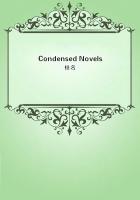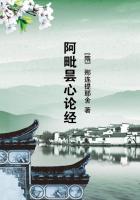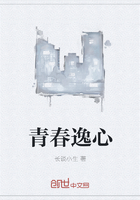New York Daily Tribune April 10, 1857
by KARL MARX
A FEW YEARS since, when the frightful system of torture in India was exposed in Parliament, Sir James Hogg, one of the Directors of the Most Honourable East India Company, boldly asserted that the statements made were unfounded. Subsequent investigation, however, proved them to be based upon facts which should have been well known to the Directors, and Sir James had left him to admit either "wilful ignorance" or "criminal knowledge" of the horrible charge laid at the Company's doors. Lord Palmerston, the present Premier of England, and the Earl of Clarendon, the Minister of Foreign Affairs, seem just now to be placed in a similar unenviable position. At the late Lord Mayor's banquet, the Premier said, in his speech, while attempting to justify the atrocities committed upon the Chinese:
"If the Government had, in this case, approved of unjustifiable proceedings, they had undoubtedly followed a course which deserved to incur the censure of Parliament and of the country. We were persuaded, however, on the contrary, that these proceedings were necessary and vital. We felt that a great wrong had been inflicted on our country. We felt that our fellow countrymen in a distant part of the globe had been exposed to a series of insults, outrages and atrocities which could not be passed over in silence (Cheers). We felt that the treaty rights of this country had been broken, and that those locally charged with the defence of our interests in that quarter of the world were not only justified, but obliged to resent those outrages, so far as the power in their hands would enable them to do so. We felt that we should be betraying the trust which the citizens of the country had reposed in us if we had not approved of the proceedings which we thought to be right, and which we, if placed in the same circumstances, should have deemed it our duty to have pursued (Cheers)."Now, however much the people of England and the world at large may be deceived by such plausible statements, his Lordship himself certainly does not believe them to be true, of if he does, he has betrayed a wilful ignorance almost as unjustifiable as "criminal knowledge." Ever since the first report reached us of English hostilities in China, the Government journals of England and a portion of the American Press have been heaping wholesale denunciations upon the Chinese -- sweeping charges of violation of treaty obligations -- insults to the English flag -- degradation of foreigners residing on their soil, and the like;yet not one single distinct charge has been made or a single fact instanced in support of these denunciations, save the case of the lorcha Arrow, and, with respect to this case, the circumstances have been so misrepresented and glossed over by Parliamentary rhetoric as utterly to mislead those who really desire to understand the merits of the question.
The lorcha Arrow was a small Chinese vessel, manned by Chinese, but employed by some Englishmen. A licence to carry the English flag had been temporarily granted to her, which licence had expired prior to the alleged "insult". She is said to have been used to smuggle salt, and had on board of her some very bad characters -- Chinese pirates and smugglers -- whom, being old offenders against the laws, the authorities had long been trying to arrest. While lying at anchor in front of Canton -- with sails furled, and no flag whatever displayed --the police became aware of the presence on board of these offenders, and arrested them -- precisely such an act as would have taken place here had the police along our wharves known that river-thieves and smugglers were secreted in a native or foreign vessel near by. But, as this arrest interfered with the business of the owners, the captain went to the English Consul and complained. The Consul, a young man recently appointed, and, as we are informed, a person of a quick and irritable disposition, rushes on board in propria persona, gets into an excited parley with the police, who have only discharged their ****** duty, and consequently fails in obtaining satisfaction. Thence he rushes back to the Consulate, writes an imperative demand for restitution and apology to the Governor-General of the Kwangtung Province, and a note to Sir John Bowring and Admiral Seymour at Hong Kong, representing that he and his country's flag have been insulted beyond endurance, and intimating in pretty broad terms that now is the time for a demonstration against Canton, such as had long been waited for.
Gov. Yeh politely and calmly responds to the arrogant demands of the excited young British Consul'. He states the reason of the arrest, and regrets that there should have been any misunderstanding in the matter;at the same time he unqualifiedly denies the slightest intention of insulting the English flag, and sends back the men, whom, although lawfully arrested, he desired not to detain at the expense of so serious a misunderstanding. But this is not satisfactory to Mr. Consul Parkes-he must have an official apology, and a more formal restitution, or Gov. Yeh must abide the consequences. Next arrives Admiral Seymour with the British fleet, and then commences another correspondence, dogmatic and threatening on the side of the Admiral; cool, unimpassioned, polite, on the side of the Chinese official. Admiral Seymour demands a personal interview within the walls of Canton. Gov.
Yeh says this is contrary to all precedent, and that Sir George Bonham had agreed that it should not be required. He would readily consent to an interview, as usual, outside the walled town if necessary, or meet the Admiral's wishes in any other way not contrary to Chinese usage and hereditary etiquette. But this did not suit the bellicose representative of British power in the East.

